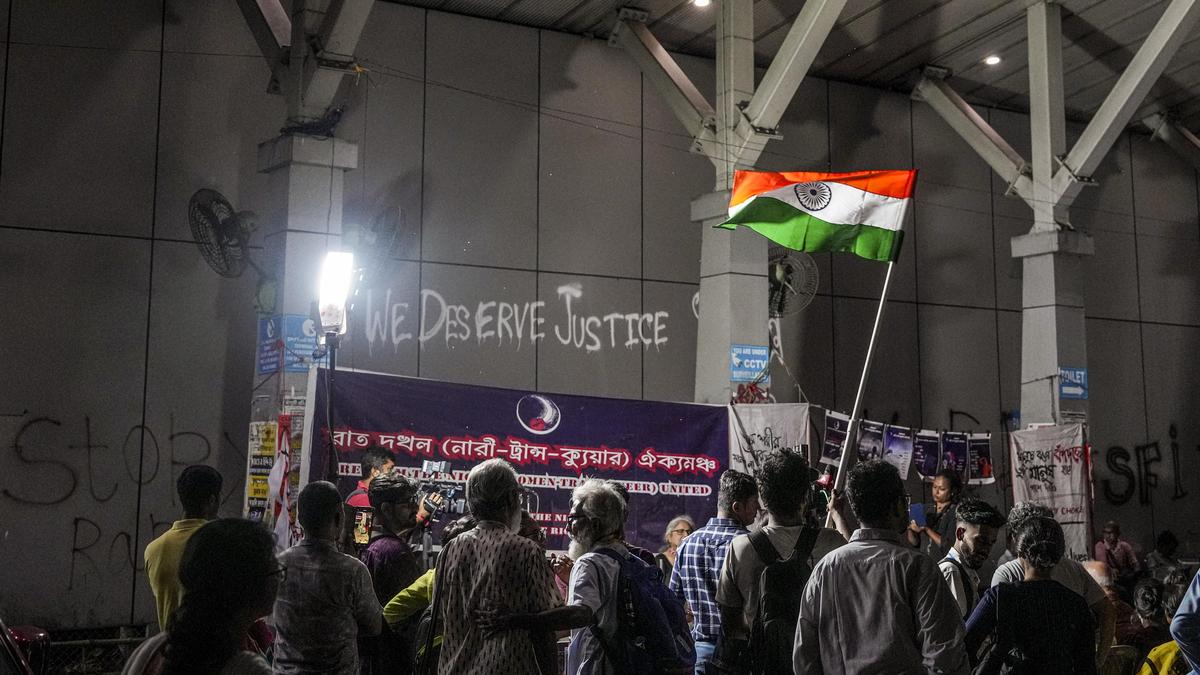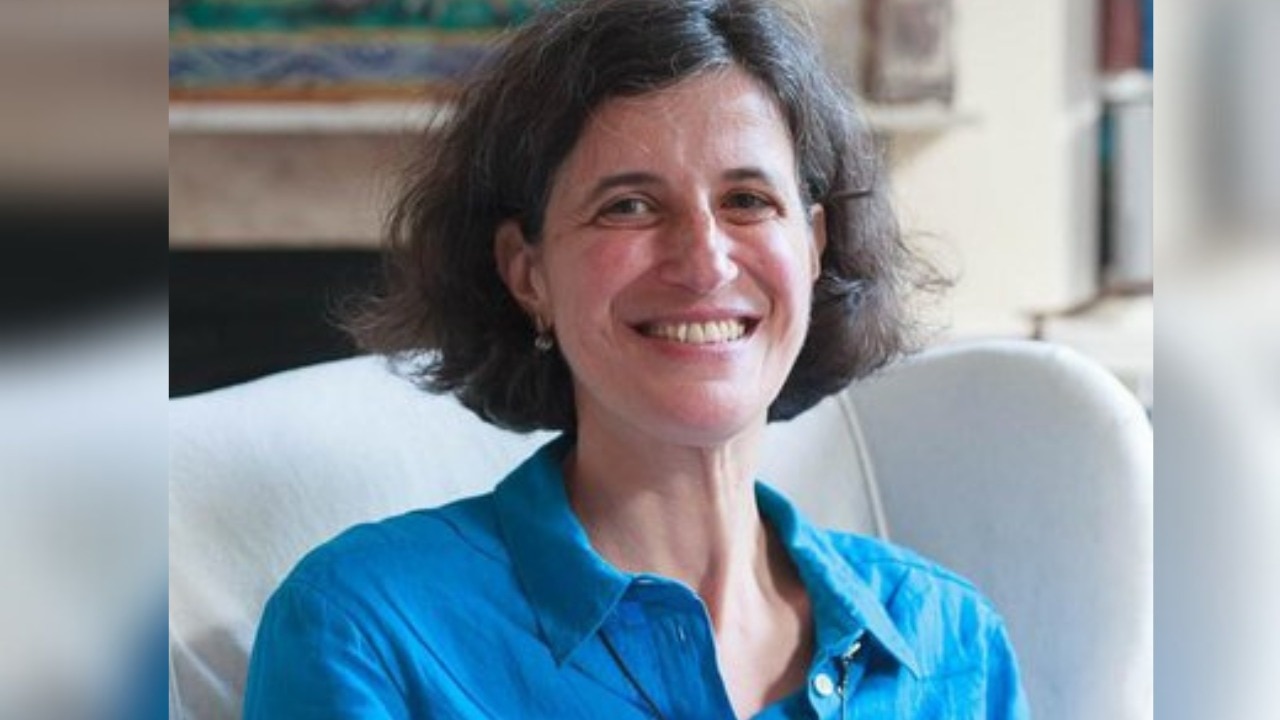The ongoing Financial Action Task Force (FATF) meetings in Paris are expected to deliberate on state sponsorship as means to fund and support terrorism, including the financing of banned outfits and their proxies operating in Pakistan, said sources in law-enforcement agencies.
The FATF week started on Monday (October 20, 2025), and its Plenary will be held from Wednesday (October 22, 2025) to Friday (October 24, 2025). Representatives of over 200 jurisdictions and observers are attending the meetings.

“This Plenary will mark the first discussions under the FATF’s new round of mutual evaluations of countries’ measures to combat money laundering, terrorist financing, and proliferation financing,” the FATF had said earlier this month.
“Over 130 terror entities and individuals based in, or linked to, Pakistan are listed on the United Nations Security Council’s ISIL/Al-Qaeda Sanctions List. The Resistance Force, a proxy of Pakistan-based banned outfit Lashkar-e-Taiba (LeT) that carried out the gruesome killings in Pahalgam on April 22, has also been designated by the United States as a global terror outfit,” an official said.
In June, the FATF issued a statement condemning the Pahalgam terror attack, stating that it could not “occur without money and the means to move funds between terrorist supporters”. In July, it released a report, ‘Comprehensive Update on Terrorist Financing Risks’, which, for the first time, recognised state sponsorship as a longstanding terror-financing threat to global peace and security, as well as to the stability of regional financial and political systems. State sponsorship includes providing direct funding, logistics, materials, or training.

“It is a significant move as the report’s findings will reflect in the framing of National Risk Assessment of all the countries. India has since long been flagging state-sponsored terrorism, especially from Pakistan, as a major concern,” another official said.
Indian security agencies have gathered inputs showing that the LeT, under the front of Jamaat-ud-Dawa, has raised funds through online and offline campaigns to rebuild its headquarters in Muridke, which was destroyed by the Indian Air Force on May 7 during Operation Sindoor.
In May, the Pakistani government had announced that it would finance reconstruction of the LeT and Jaish-e-Mohammed facilities. It allocated four crore Pakistani rupees to the LeT for its headquarters Markaz Taiba, while the estimated cost of its complete reconstruction was likely to exceed 15 crore Pakistani rupees. Therefore, according to the agencies, the outfit raised funds on the pretext of “relief for flood victims”.
On multiple occasions, India has highlighted the issue of funding and support extended to designated terrorists, banned terror outfits, and their proxies in Pakistan.
In September, Prime Minister Narendra Modi – at the Shanghai Cooperation Organization meeting in China – called upon member countries to take “firm and decisive action to fight terrorism in all its manifestations”. He underlined the need for coordinated action against “terror financing and radicalisation”.
Thanking the member countries for showing solidarity in the wake of the Pahalgam terror attack, he said there should be “no double standards in dealing with terrorism and urged the group to hold countries who perpetrate and support cross-border terrorism accountable”.

 1 week ago
10
1 week ago
10








 English (US) ·
English (US) ·